Does Ketamine Therapy Get You High
Does Ketamine Therapy Get You High? Exploring the Truth with Novel Mind & Wellness Center
Ketamine, once primarily known as a dissociative anesthetic used in medical and veterinary settings, has gained increasing attention in recent years for its potential therapeutic applications. Ketamine therapy has been touted as a promising treatment option for various mental health conditions, including depression, anxiety, and PTSD. However, one common question that often arises is whether ketamine therapy can get you high. We will explore the truth behind this question and shed light on the effects of ketamine therapy.
Understanding Ketamine
Before diving into the effects, it’s essential to have a basic understanding of ketamine itself. Ketamine is a medication that has a long history of use in anesthesia and pain management. It works by blocking certain receptors in the brain, leading to a state of dissociation, where individuals may feel detached from their surroundings or even experience hallucinations.
Ketamine Therapy
Also known as ketamine-assisted psychotherapy or KAP, involves the controlled administration in a therapeutic setting under the supervision of trained healthcare professionals. The goal of ketamine therapy is not to induce a recreational high but rather to harness the potential therapeutic benefits for mental health treatment.
The Effects of Ketamine Therapy
1. Dissociation: During therapy, individuals may experience a mild to moderate dissociation. This means they might feel detached from their thoughts, emotions, or physical sensations. While this can be a unique and sometimes challenging experience, it is not the same as getting “high” in the recreational sense. Ketamine’s dissociative effects are carefully monitored and controlled by the healthcare professionals overseeing the session.
2. Altered Perception: Therapy may alter an individual’s perception of time and space, leading to a sense of distortion. However, this altered perception is not akin to recreational drug-induced euphoria or intoxication.
3. Emotional Processing: Therapy is often used to facilitate emotional processing and insight. It can help individuals explore and confront their thoughts, feelings, and traumas in a safe and supportive environment. The focus is on therapeutic benefits rather than achieving a recreational high.
4. Mood Improvement: Many individuals who undergo ketamine therapy report improvements in mood and a reduction in symptoms of depression, anxiety, and PTSD. These therapeutic effects are distinct from the euphoria associated with recreational drug use.
Key Differences from Recreational Use
It’s crucial to distinguish between ketamine therapy and recreational use. Recreational use often involves higher doses, uncontrolled settings, and the pursuit of euphoria. Ketamine therapy, on the other hand, is conducted in a clinical or therapeutic environment, with precise dosing and the goal of therapeutic benefit, not for recreational pleasure.
This therapy does not aim to get individuals “high” in the way recreational drug use does. Instead, it leverages the unique properties of ketamine to provide therapeutic benefits for mental health conditions. While some dissociative effects may be experienced during ketamine therapy, these are carefully monitored and managed by healthcare professionals to ensure a safe and productive therapeutic experience. If you are considering ketamine therapy, it is essential to consult with a qualified healthcare provider to discuss your specific needs and expectations.
Please note that ketamine therapy should only be pursued under the guidance of a licensed healthcare professional and should never be used recreationally or without appropriate medical supervision. Always consult with a healthcare provider for personalized advice regarding your mental health treatment options.



